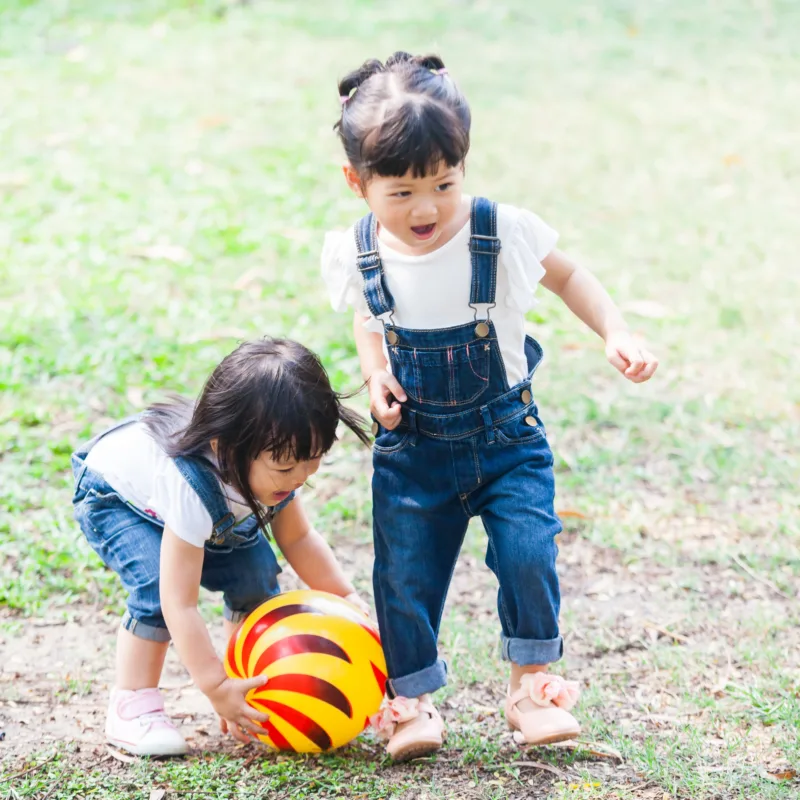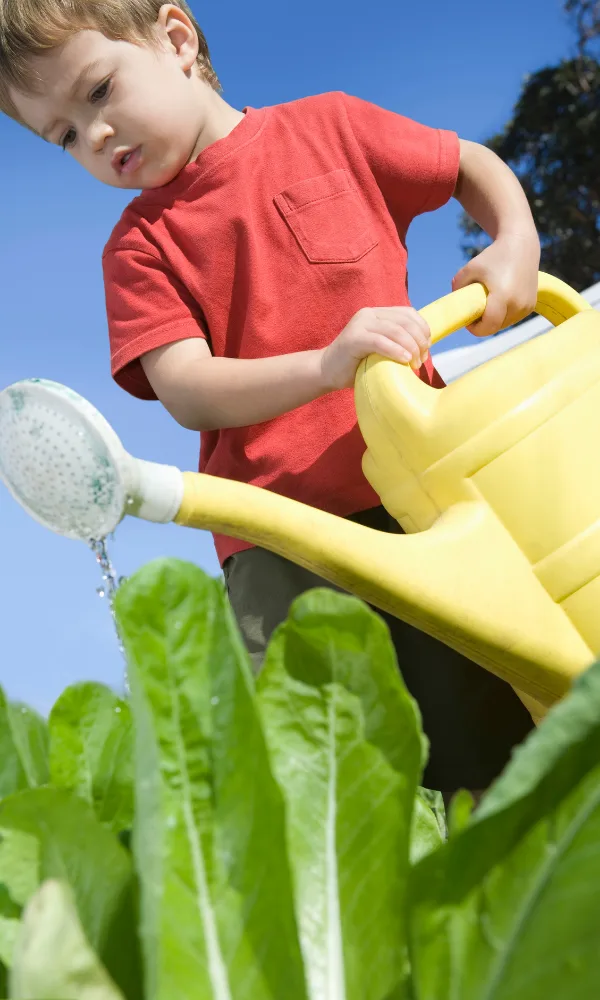I earn commissions from my affiliated links. Please see my disclosure policy for more details.
The Montessori approach is renowned for its child-centered philosophy and emphasis on hands-on learning. This educational method, developed by Dr. Maria Montessori, extends its principles to toddlers, recognizing their unique needs and abilities.
By embracing the Montessori approach during the crucial toddler years, parents and educators can provide a nurturing environment that promotes independence, curiosity, and holistic development.
In this post, we’ll explore the key elements of the Montessori approach for toddlers, highlighting its benefits and offering practical insights to support your child’s growth and learning journey.

What Should a 2-Year-Old Learn in Montessori?
In a Montessori setting, a two-year-old child would typically engage in various activities that promote their development across different areas. Here are some key aspects of learning in Montessori for a two-year-old:
- Practical Life Skills: Montessori emphasizes practical life skills to foster independence and coordination. Activities such as pouring water, buttoning clothes, sweeping, and sorting objects help develop fine motor skills, concentration, and self-help abilities.
- Sensorial Exploration: The sensorial materials in Montessori classrooms aid in refining a child’s senses. Activities like matching colors, identifying smells, sorting objects by texture or size, and working with puzzles help enhance sensory perception and discrimination.
- Language Development: Language development is crucial at this age. Montessori encourages vocabulary expansion, storytelling, and early reading skills through activities such as naming objects, picture matching, language games, and listening to stories.
- Math Concepts: Basic mathematical concepts can be introduced through hands-on activities. Counting objects, sorting by quantity, identifying shapes, and exploring patterns with Montessori math materials lay the foundation for understanding numbers and basic arithmetic.
- Creative Expression: Artistic expression is valued in Montessori education. Activities like painting, drawing, sculpting, and playing with musical instruments encourage creativity, fine motor skills, and self-expression.
- Social Skills and Grace and Courtesy: Montessori places great emphasis on cultivating social skills, empathy, and respect for others. Activities like group play, turn-taking, sharing, and practicing polite behavior contribute to the development of positive social interactions.
- Outdoor Exploration: Montessori encourages outdoor play and exploration of nature. Nature walks, gardening, and outdoor games provide opportunities for physical activity, sensory experiences, and appreciation for the natural world.

Creating an Environment for Independence
In the Montessori approach for toddlers, the physical environment plays a crucial role in fostering independence and self-directed learning. Here are some essential aspects to consider:
Child-Sized Furnishings and Materials
- Provide child-sized furniture, such as chairs and tables, to promote independence in daily activities like eating, dressing, and self-care.
- Offer open shelves at the child’s height, displaying toys, books, and activities, allowing them to freely choose and engage with materials.
- Organize materials in a logical and accessible manner, enabling toddlers to independently select and return items to their designated places.
Practical Life Activities
- Introduce practical life activities that mimic everyday tasks, such as pouring water, sweeping, or buttoning, to develop fine and gross motor skills and promote a sense of accomplishment.
- Encourage toddlers to participate in self-care routines, like dressing themselves or brushing their teeth, fostering independence and self-confidence.
- Allow children to engage in simple cleaning tasks, such as wiping spills or dusting shelves, instilling a sense of responsibility and respect for their environment.

Hands-On Learning and Exploration
The Montessori approach for toddlers prioritizes hands-on learning experiences to stimulate curiosity and promote cognitive, emotional, and social development. Here are key aspects to consider:
Sensorial Activities
- Provide a wide range of sensorial materials, such as wooden puzzles, sorting games, or textured objects, to enhance toddlers’ sensory perception and cognitive skills.
- Offer opportunities for exploring different textures, smells, tastes, and sounds, fostering sensory development and self-awareness.
Nature and Outdoor Exploration
- Foster a connection with nature by providing access to outdoor spaces, allowing toddlers to explore natural elements like plants, rocks, or sand.
- Encourage nature walks, where children can observe and interact with the environment, developing an appreciation for the natural world.
- Engage in gardening activities, such as planting seeds or watering plants, to instill a sense of responsibility and nurture a connection with living things.

Benefits of the Montessori Approach for Toddlers
Is Montessori better for toddlers?
The Montessori approach for toddlers offers numerous benefits, supporting their overall development and preparing them for future learning experiences. Here are some key advantages:
- Independence and Self-Confidence: The emphasis on independence and practical life skills fosters a sense of autonomy and self-confidence in toddlers.
- Cognitive Development: Hands-on learning and sensorial activities stimulate cognitive skills, including problem-solving, critical thinking, and creativity.
- Social and Emotional Development: Through independent exploration and cooperative play, toddlers learn to navigate social interactions, build relationships, and develop empathy.
- Language and Communication Skills: Montessori environments provide rich language experiences, promoting vocabulary development, conversation skills, and early literacy.
- Love for Learning: The child-centered approach, allowing toddlers to follow their interests and learn at their own pace, cultivates a lifelong love for learning.
The Montessori approach for toddlers lays a solid foundation for holistic development, independence, and curiosity. By creating an environment that supports independence, offering hands-on learning opportunities, and embracing the principles of the Montessori method, parents and educators can nurture their toddlers’ growth and potential.
Through this approach, toddlers can develop essential life skills, foster their innate curiosity, and embark on a transformative journey of learning and self-discovery. Embrace the Montessori approach for toddlers and witness the remarkable growth and joy that unfolds within your child.

